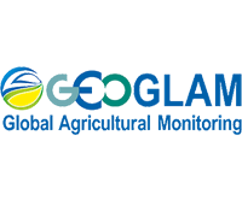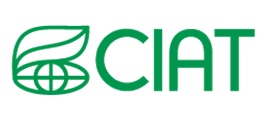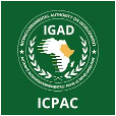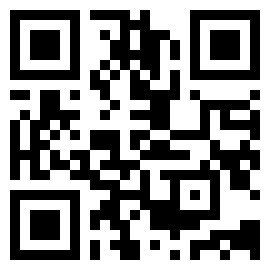The University of Maryland NASA Harvest Program, through its partners, supports governments in the application of Earth Observation for crop conditions monitoring through supporting the development and deployment of the Group on Earth Observations Global Agricultural Monitoring (GEOGLAM) Crop Monitors. These efforts seek to address the critical gap in available rapid assessment data and reporting on crop conditions for multi-level food security decision making, and to complement efforts by ministries of agriculture and other institutions collecting relevant data. Monitor Learning Exchange and Training is co-organized by the University of Maryland/NASA Harvest, the International Center for Tropical Agriculture (CIAT), and the IGAD Climate Prediction and Applications Centre (ICPAC) to kick off the Zambia Crop Monitor, while concurrently regrouping with Crop Monitor leads from Kenya, Tanzania, Ethiopia, Rwanda, and Uganda. The GEOGLAM Crop Monitors provide valuable insights, and this training event seeks to update in-country analysts on the latest advancements in Earth Observation-based tools and techniques including Global Agriculture Monitoring System (GLAM) and the Early Warning Explorer (EWX). The Crop Monitor Learning Exchange and Training covers a wide range of topics, including an introduction to Earth Observation for agriculture monitoring, setting up and using the Crop Monitor system, analyzing crop conditions using various data sources, developing crop bulletins and reports, and collaborating across countries to enhance agricultural monitoring and early warning efforts.
Team



Use link go.umd.edu/CMleads or QR code to access GEOGLAM National Crop Monitor Lead Survey if it applies to you.
